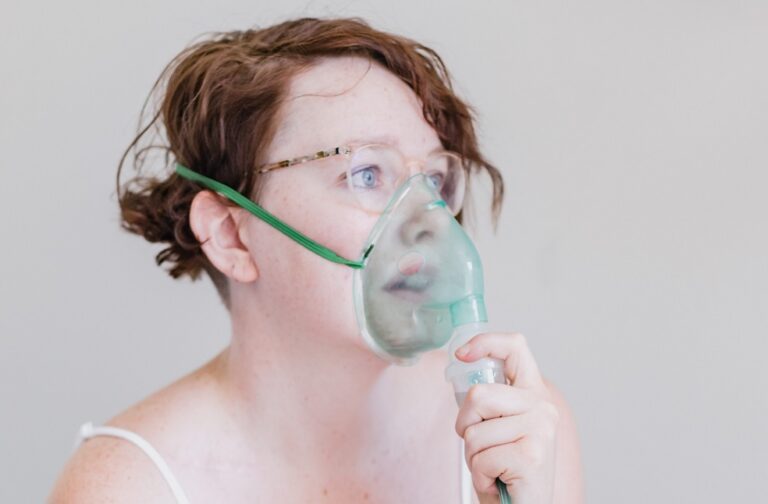United Kingdom: A group of respiratory experts has warned that the climate crisis may result in more risks for people with respiratory illnesses, with high temperatures and changing weather patterns worsening lung health problems.
In a report published by the European Respiratory Journal, the experts have called on the EU to lower its regulatory limits for air pollution in accordance with the World Health Organization (WHO). “We need to do all we can to help alleviate patients’ suffering,” the report noted.
The report pointed out that the impact of the climate emergency on human health had become interlinked and was now “irreversible”. “An increase in pollen and other allergens, as well as wildfires, dust storms, and fossil fuel-based traffic, all worsen existing respiratory conditions or can create new ones,” the authors remarked.

Air pollution is estimated to have killed 6.7 million people globally in 2019 and 373,000 in Europe, with greenhouse gases and air pollution sharing many of the same sources.
“Climate change affects everyone’s health, but arguably, respiratory patients are among the most vulnerable. “These are people who already experience breathing difficulties, and they are far more sensitive to our changing climate. Their symptoms will become worse, and for some, this will be fatal,” Ms. Zorana Jovanovic Andersen, a professor of environmental epidemiology at the University of Copenhagen and an author of the report, stated.
Ms. Jovanovic Andersen added that “we all need to breathe clean, safe air. That means we need action from policymakers to mitigate the impacts of climate change on our planet and our health. As respiratory doctors and nurses, we need to be aware of these new risks and do all we can to help alleviate patients’ suffering.”

“Exposure to air pollution early in life could make it more likely that people develop chronic lung diseases later on, such as chronic obstructive pulmonary disease or bronchitis from smoking,” the authors said.
According to the exprets, cutting greenhouse gas emissions and stopping the planet from further heating would lead to “substantially larger and more immediate benefits, as people’s health may swiftly improve as the air becomes cleaner. On behalf of the European Respiratory Society, which represents more than 30,000 lung specialists from 160 countries, the authors want the EU to bring its air quality standards in line with the WHO.



